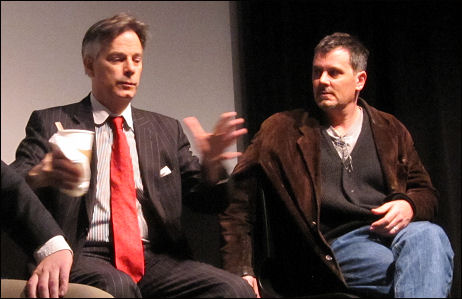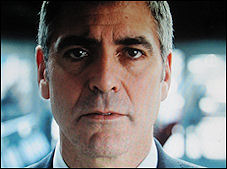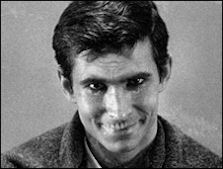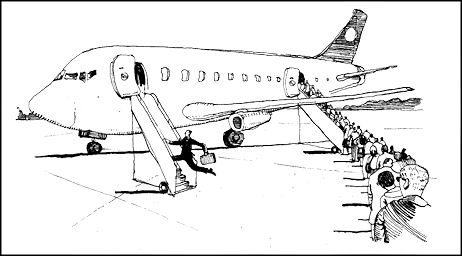The New York Film Critics Circle’s website has announced that the results of today’s voting will not be announced in real time, which has been the standard deal for years. (WTF? Why do a rollback on a perfectly cool policy?) The winners will instead be posted online when voting is complete, or sometime after 1 pm. I’ll be at a Nine luncheon from that hour until 2:30 pm or so, so I guess I’ll just file from there.
N.Y. Post critic Lou Lumenick is “fairly sure” the NYFCC won’t choose The Hurt Locker for Best Picture because “they almost never go along with their Left Coast counterparts on principle. “Precious isn’t looking too good either, he says, due to the” awkward” factor stemming from NYFCC chairman Armond White, an African-American, having condemned Precious as racist. Nor does Lumenick see Avatar winning either, although a little voice is telling me that this could happen.
I know this much — if Up In The Air doesn’t win with the NYFCC, the Best Picture lock factor with the Academy will appear to have weakened. The big story of the next few weeks will be the Up In The Air cool-down factor will be discussed. I’ve already explained that if this happens, it’ll be due to gut-level reactions from pedestrian types who wanted love and hope from the film’s finale…but didn’t get that.
In a fair and just world A Serious Man will win the NYFCC’s Best Picture prize. This brilliant film needs a group like the NYFCC to stand up for it, which could result down the road (maybe) with the Coen brothers film being included among the Academy’s ten Best Picture nominees.





